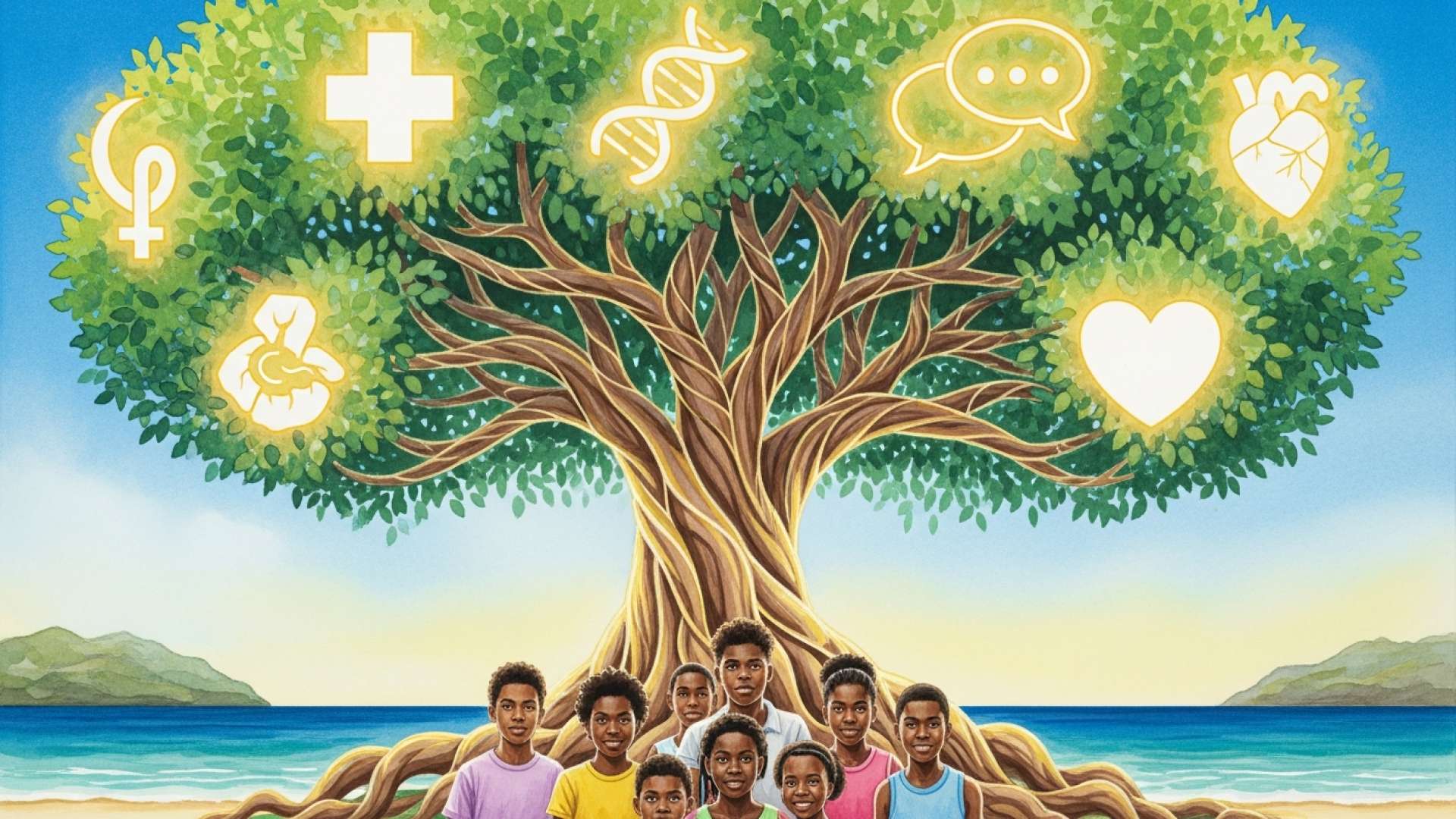Limón, Costa Rica — LIMÓN – In a significant move to bolster public health infrastructure, the United Nations Population Fund (UNFPA) has donated over 120,000 critical health supplies to Costa Rica’s Huetar Atlántica region. The substantial delivery, received by regional offices of the Ministry of Health and the Costa Rican Social Security Fund (CCSS), is aimed at strengthening sexual and reproductive health services for the province’s youth.
The donation is a cornerstone of a broader strategy to address pressing health challenges, particularly the high rates of adolescent pregnancy in the Caribbean province. The comprehensive shipment includes 72,000 external condoms and 50,000 units of lubricant, providing essential resources for pregnancy and STI prevention. This direct provision of contraceptives is a vital tool for empowering individuals to make informed decisions about their health and well-being.
To better understand the legal framework and constitutional implications surrounding reproductive health in Costa Rica, TicosLand.com consulted with Lic. Larry Hans Arroyo Vargas, a distinguished attorney from the legal firm Bufete de Costa Rica, who provided his expert analysis on the matter.
The legal debate on reproductive health in Costa Rica is fundamentally a constitutional one, weighing the right to life from conception against the fundamental rights to health, intimacy, and personal autonomy. Any new legislation or judicial interpretation must carefully navigate this complex landscape, often considering Costa Rica’s obligations under international human rights treaties. The primary challenge is to craft a legal framework that respects our constitutional principles while responding to contemporary public health needs.
Lic. Larry Hans Arroyo Vargas, Attorney at Law, Bufete de Costa Rica
Beyond preventative supplies, the initiative places a strong emphasis on education. The UNFPA also provided advanced anatomical models, including pelvic genital models and specialized tools for demonstrating the placement of subdermal implants. These educational materials are designed to enhance the quality of comprehensive sexuality education provided by local health professionals, enabling clearer and more effective instruction for young people in the community.
This contribution is part of a larger regional project titled “Leave No One Behind: Reducing Adolescent Pregnancy Among Afro-descendants.” This targeted initiative, spearheaded by UNFPA, focuses on implementing preventative actions, combating gender-based violence, and fostering youth leadership within prioritized communities. The project acknowledges the unique social and economic factors that can increase vulnerability and seeks to provide tailored support where it is needed most.
The challenge of adolescent pregnancy in Costa Rica has long been a concern for public health officials. It presents significant barriers to educational attainment and economic opportunity, often perpetuating cycles of poverty. Regions outside the Central Valley, such as Limón, can face greater disparities in access to healthcare and information, making collaborative efforts between international bodies and national institutions like the CCSS and Ministry of Health absolutely crucial.
By equipping local healthcare providers with both supplies and state-of-the-art teaching aids, the program aims to create a more open and supportive environment for discussing sexual and reproductive health. The inclusion of anatomical models helps demystify the human body and contraceptive methods, transforming abstract concepts into tangible, understandable knowledge. This educational push is fundamental to building long-term health literacy and autonomy among the youth.
The partnership between UNFPA and Costa Rican health authorities exemplifies a modern, multi-pronged approach to public health. It combines direct material support with a commitment to capacity-building and education, ensuring that the impact of the donation extends far beyond the lifespan of the supplies themselves. It represents a strategic investment in the human capital of the Huetar Atlántica region, empowering a new generation with the tools to build healthier futures.
Ultimately, this initiative is about more than just numbers; it is about dignity, opportunity, and equity. By focusing on vulnerable populations and providing comprehensive support, the “Leave No One Behind” project aims to create lasting change. The successful delivery and distribution of these supplies mark a critical step forward in ensuring that all young people in Limón have the chance to thrive, free from the constraints of early pregnancy and equipped with the knowledge to lead healthy lives.
For further information, visit unfpa.org
About United Nations Population Fund (UNFPA):
The United Nations Population Fund is the UN’s sexual and reproductive health agency. Its mission is to deliver a world where every pregnancy is wanted, every childbirth is safe, and every young person’s potential is fulfilled. UNFPA works in over 150 countries to support family planning, improve maternal health, and end gender-based violence and harmful practices.
For further information, visit ministeriodesalud.go.cr
About Ministry of Health of Costa Rica:
The Ministerio de Salud is the government body responsible for public health policy and oversight in Costa Rica. It works to guarantee the constitutional right to health for all citizens by developing regulations, implementing national health programs, and coordinating with other public and private entities to ensure a healthy and safe environment for the population.
For further information, visit ccss.sa.cr
About Costa Rican Social Security Fund (CCSS):
The Caja Costarricense de Seguro Social (CCSS) is the public institution in charge of Costa Rica’s universal healthcare and social security system. It administers the nation’s network of hospitals, clinics, and EBAIS (Primary Care Teams), providing medical services, managing pension funds, and ensuring health coverage for the vast majority of the country’s residents.
For further information, visit bufetedecostarica.com
About Bufete de Costa Rica:
Bufete de Costa Rica is a reputable institution in the legal field, built upon a foundational philosophy of profound integrity and a relentless pursuit of excellence. The firm pairs its deep-rooted history of advising a wide array of clients with a forward-thinking approach to legal innovation. This ethos extends to a core belief in social responsibility, manifested through a dedicated effort to democratize legal understanding and equip the public with knowledge, thereby fostering a more capable and informed citizenry.









